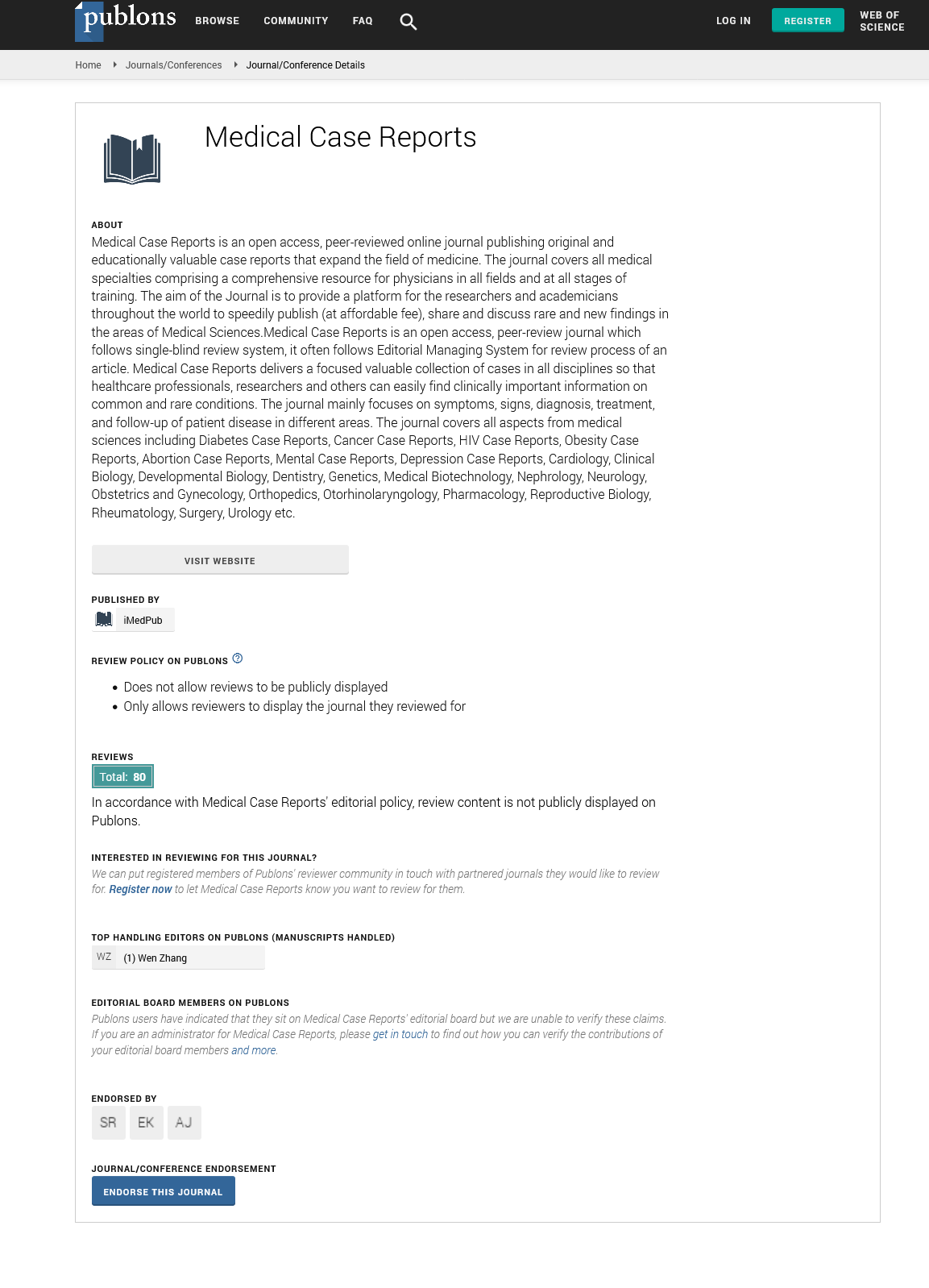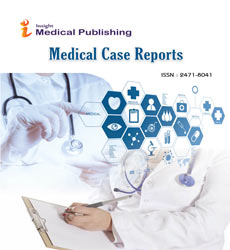Abstract
Decellularized Bovine Bone Graft for Zygomatic Bone Reconstruction
Reconstruction of large size maxillofacial bone defects following trauma or tumor resection still represents a challenging task for surgeons. Various types of bone materials are used as the grafts for the reconstruction of bone defect: auto, allo, xeno and alloplastic bones. In recent years, using the methods of decellularization has enabled to obtain the natural,biocompatible threedimensional xenograft for the reconstruction of bone defects. Removing DNA from the bone matrix is critical because this DNA may stimulate immune reactions by activating cytokine production and B-cell immunoglobulin secretion after transplantation. For the large maxillofacial bone reconstruction procedures, the decellularized bovine bone graft has proven to be effective, easy to handle and biocompatible, providing excellent final aesthetic and functional results. However, more animal and clinical studies are required to further assess the osteogenic activity and integration of decellularized bone grafts with the native bone.
Author(s):
Karalashvili L, Chichua N, Menabde G, Atskvereli L, Grdzelidze T, Machavariani A, Zurmukhtashvili M, Gogilashvili K, Kakabadze Z and Chichua Z
Abstract | Full-Text | PDF
Share this

Google scholar citation report
Citations : 241
Medical Case Reports received 241 citations as per google scholar report
Medical Case Reports peer review process verified at publons
Abstracted/Indexed in
- Google Scholar
- China National Knowledge Infrastructure (CNKI)
- Cosmos IF
- Directory of Research Journal Indexing (DRJI)
- WorldCat
- Publons
- Secret Search Engine Labs
- Euro Pub
Open Access Journals
- Aquaculture & Veterinary Science
- Chemistry & Chemical Sciences
- Clinical Sciences
- Engineering
- General Science
- Genetics & Molecular Biology
- Health Care & Nursing
- Immunology & Microbiology
- Materials Science
- Mathematics & Physics
- Medical Sciences
- Neurology & Psychiatry
- Oncology & Cancer Science
- Pharmaceutical Sciences


